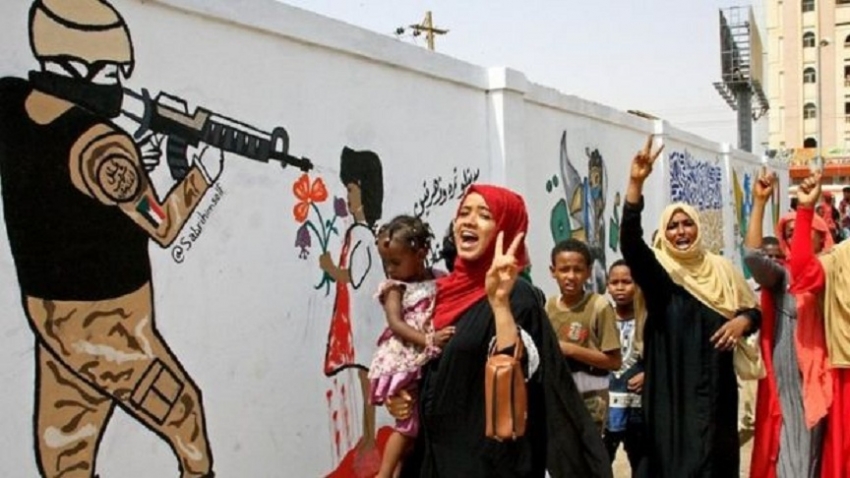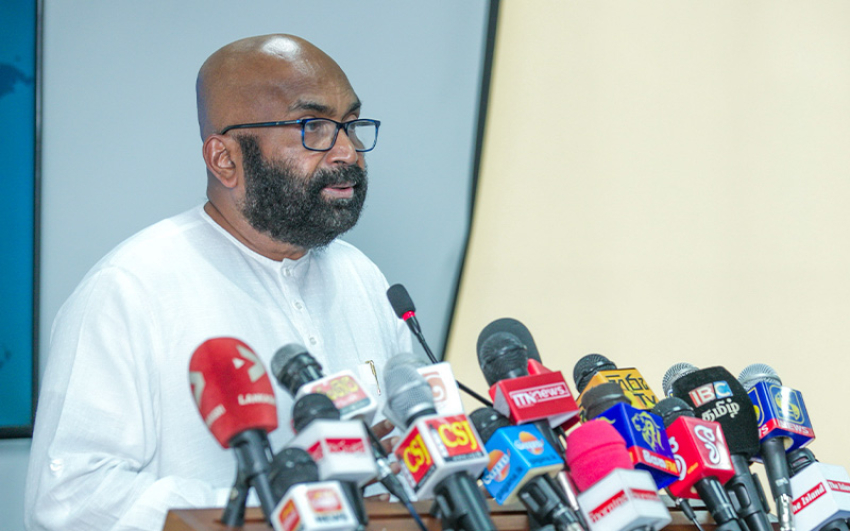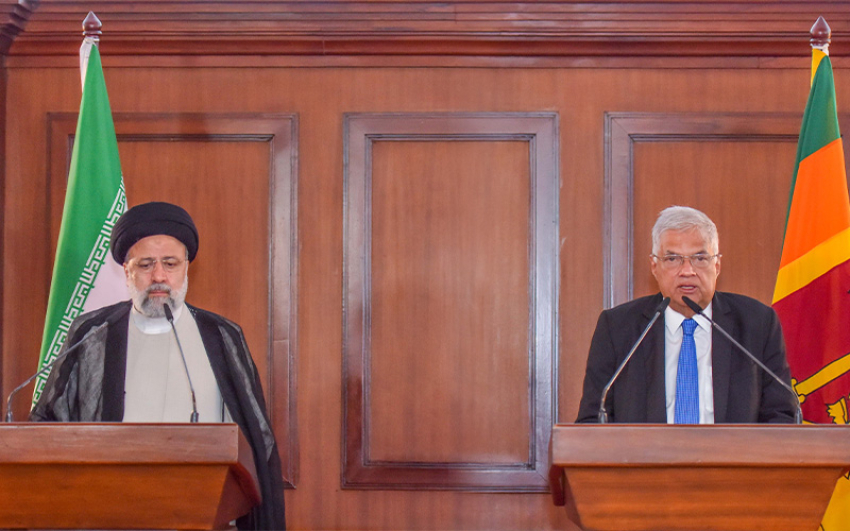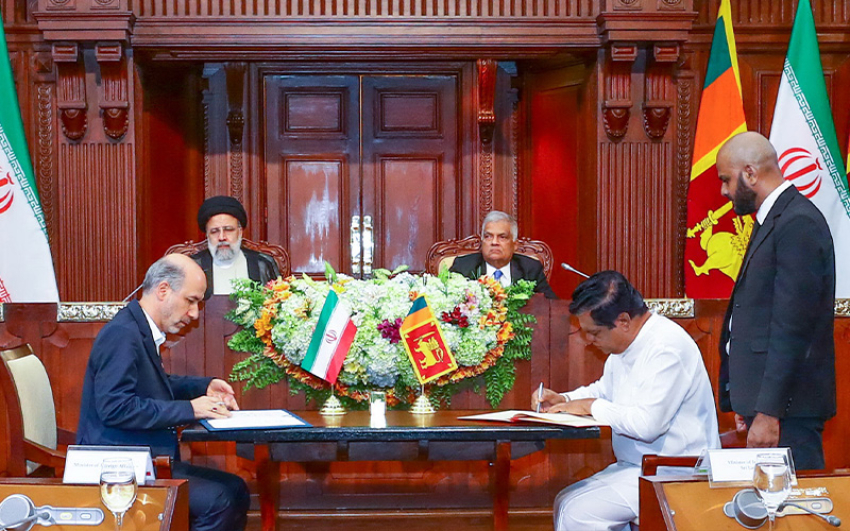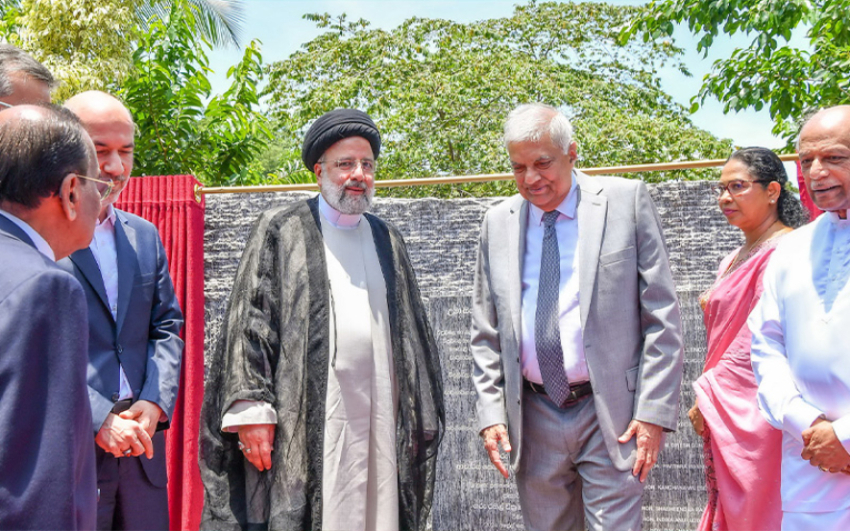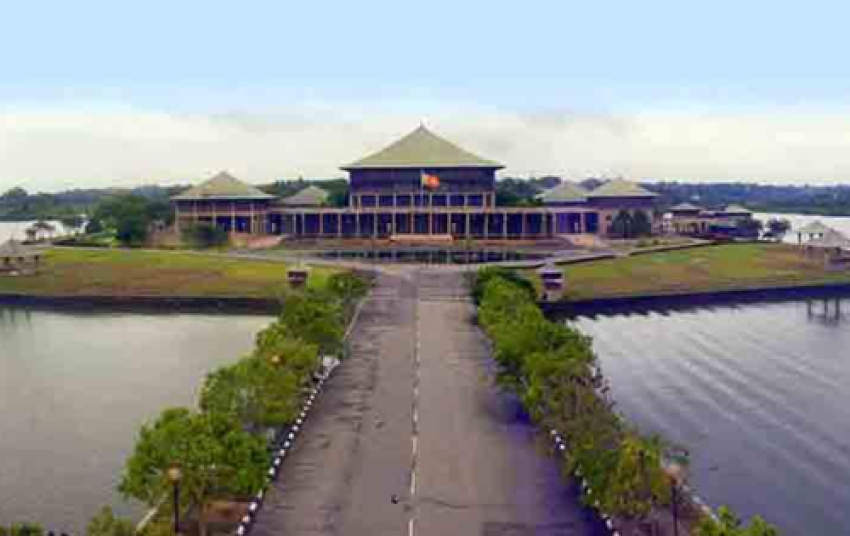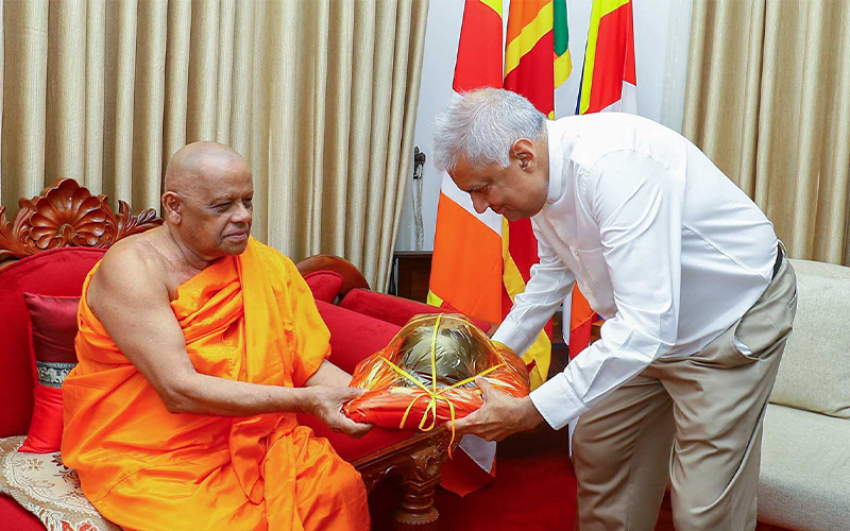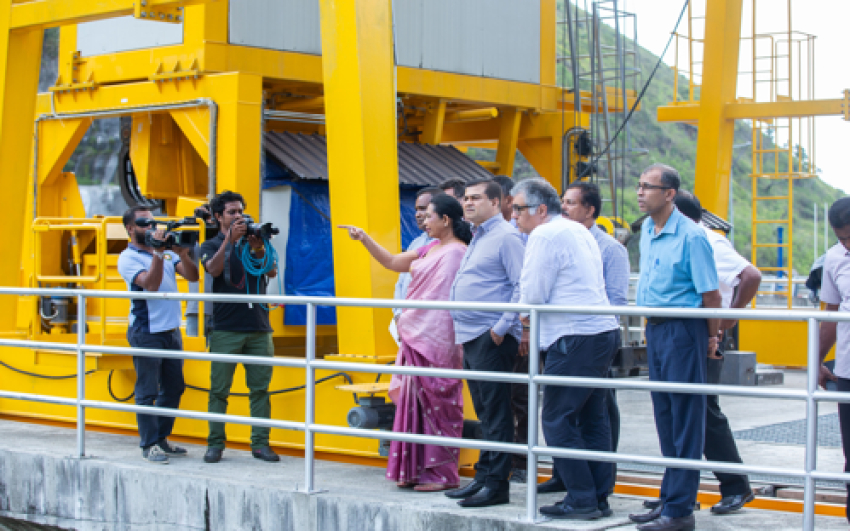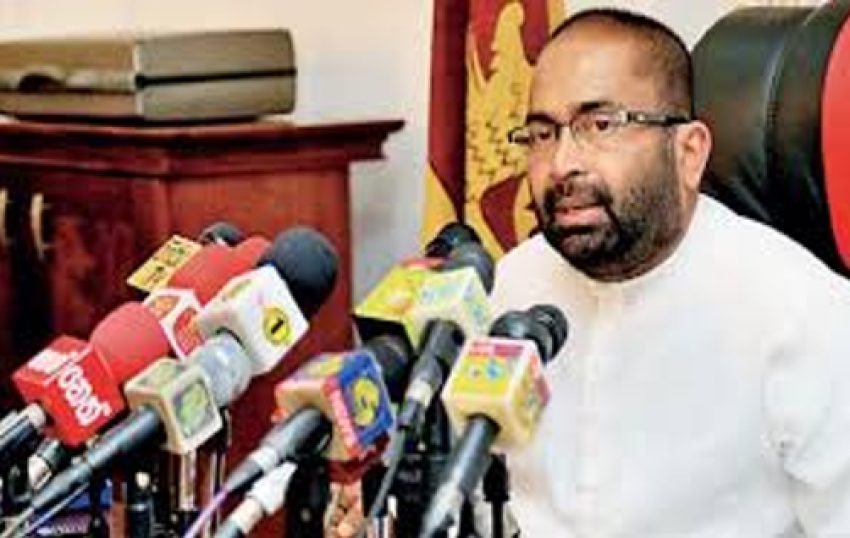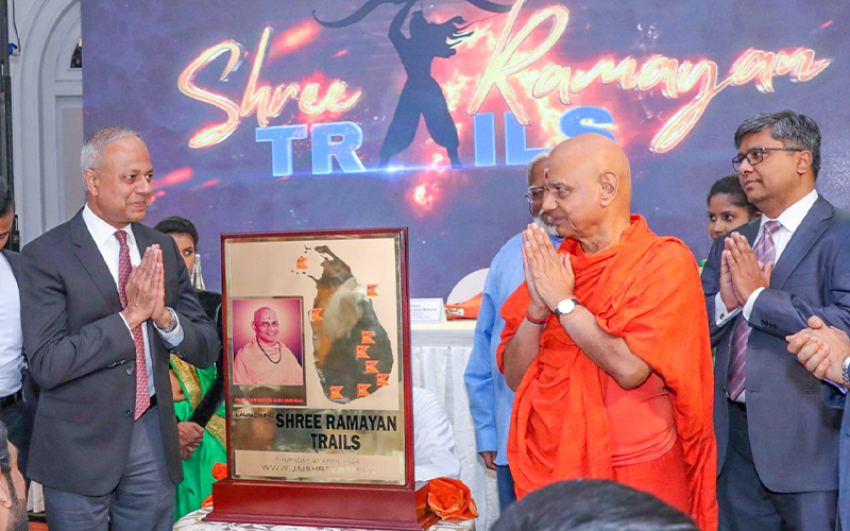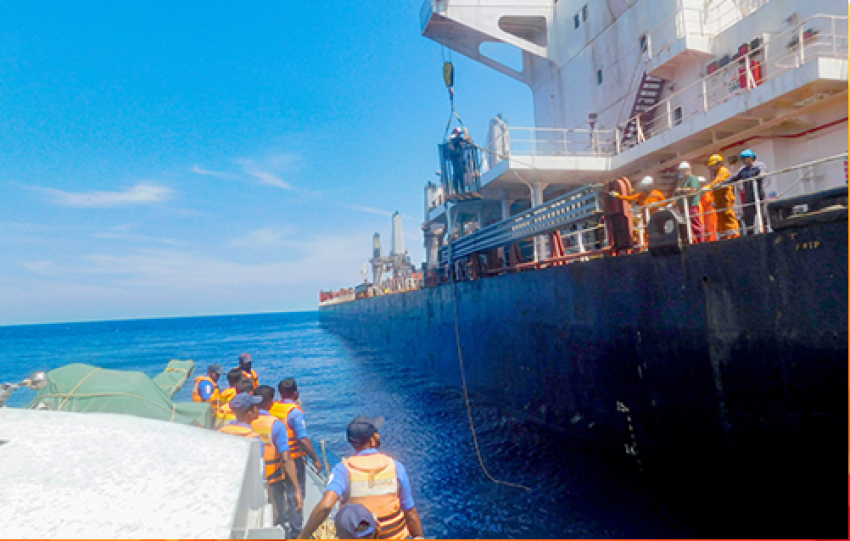A key military leader in Sudan has promised to abide by a power-sharing agreement with the opposition.Mohamed Hamdan "Hemeti" Dagolo - widely regarded as Sudan's most powerful man - made the pledge in a BBC interview as the two sides prepared to sign the landmark deal later on Saturday.Its aim is to end months of unrest and pave the way for civilian rule.
Pro-democracy protests and violent repression gripped Sudan after long-time ruler Omar al-Bashir was oustedHemeti - the warlord who may control Sudan's future
Under the new deal, a sovereign council, consisting of six civilians and five generals, will run the country until elections.The two sides have agreed to rotate control of the council for just over three years. A prime minister nominated by civilians is due to be appointed next week.
Many hope the deal will lead to civilian government after decades of army rule
What did Hemeti say?"We will stick to every single letter we have agreed on," Hemeti told the BBC's Zenab Badawi.
"Even without the agreement we [would] have to work in this direction because it's in the country's interest," he added. "Therefore we have to carry out the agreement, stick to it and support it."Hemeti is the commander of the Rapid Support Forces (RSF) - which grew out of the notorious Janjaweed militia that was accused of carrying out a genocide in the Darfur region of western Sudan.The RSF have been blamed for recent abuses, including the 3 June massacre during which more than 120 people were reportedly killed, with many of the dead dumped in the River Nile.
RSF leaders have denied planning the killings, which they say were carried out by rogue elements.Asked about the massacre in the BBC interview, Hemeti said there had been "systematic plotting and conspiracy" to tarnish the reputation of the RSF, whom he described as "protectors" and not killers.
The unrest in Sudan can be traced back to December 2018, when then President Bashir's government imposed emergency austerity measures.Cuts to bread and fuel subsidies sparked demonstrations in the east over living standards and the anger spread to the capital.The protests broadened into demands for the removal of Mr Bashir - who had been in charge for 30 years.
In April, the president was overthrown by the military after sit-ins outside the defence ministry, but demonstrators then wanted to ensure authority was swiftly transferred to a civilian administration.A council of generals led by Lt-Gen Abdel Fattah Abdelrahman Burhan assumed power but it has struggled to return normality to the country.The army is not a unified force in Sudan. Paramilitary organisations and various Islamist militias hold some sway.
Sudan has been in the midst of a political crisis since long-serving ruler Omar al-Bashir was overthrown in April. The military and pro-democracy movement have been locked in a tussle for power that has led to mass protests and killings.
The security forces have used brute force to strengthen the position of the generals. In the worst such case, dozens of people were killed - and some had their bodies thrown into the River Nile - in a crackdown on protesters in the capital, Khartoum on 3 June.
But tens of thousands of protesters returned to the streets a few weeks later to stage the biggest demonstration since Mr Bashir's overthrow. This forced the junta to resume talks on a power-sharing government and an agreement has now been reached.
How did crisis all begin?
The unrest in Sudan can be traced back to December 2018, when then President Bashir's government imposed emergency austerity measures to try to stave off economic collapse.Cuts to bread and fuel subsidies sparked demonstrations in the east over living standards and the anger spread to the capital, Khartoum.The protests broadened into demands for the removal of Mr Bashir - who had been in charge for 30 years - and his government.
President Omar al-Bashir was overthrown in a coup in AprilThe movement reached a climax on 6 April, when demonstrators occupied the square in front of the military's headquarters to demand that the army force the president out.Five days later, the military announced that the president had been overthrown.
So who took power?
A council of generals assumed power on 11 April but it has struggled to return normality to the country.
The seen-member Transitional Military Council (TMC) is led by Lt-Gen Abdel Fattah Abdelrahman Burhan. The council says it needs to be in charge to ensure order and security.
But the army is not a unified force in Sudan. Paramilitary organisations and various Islamist militias hold some sway.
The military has also faced international condemnation for the attack on protesters on 3 June, with the UK saying the military council bore "full responsibility".
In response, the TMC expressed "sorrow for the way events escalated", saying that the operation had targeted "trouble makers and petty criminals" .
Media captionWhat happened during the 3 June massacre?
Who are the opposition?
The economic problems brought Sudanese from all walks of life to the streets, but the organisation of demonstrations was taken on by the Sudanese Professionals Association (SPA) - a collaboration of doctors, health workers and lawyers.
The protesters are mostly young, reflecting the country's demographics, but people of all ages have been seen in the crowds.
Women are at the forefront of the demonstrations. A video of a young woman standing on the roof of a car and leading the chants was widely shared on social media.
Media captionA woman dubbed 'Kandaka', which means Nubian queen, has become a symbol for protesters
When the military took power in April, demonstrators stayed put outside its headquarters and insisted that it transfer authority to a civilian administration.
Talks between the ruling generals and the protest organisers, who have come together under the umbrella group Forces of Freedom and Change, initially showed little sign of progress, but they eventually came to an agreement.
What did the two sides agree?
The military and protesters have reached several agreements fleshing out the details of a power-sharing arrangement, with each side trying to overcome suspicion and build a working relationship.
On 4 August they signed a constitutional declaration which will pave the way for the formation of a transitional government. A formal signing ceremony is due to take place on 17 August.
There were celebrations when the 4 August deal was signed
They have agreed on the following:
Power-sharing will last for 39 months
Elections to be held at the end of that period
A sovereign council, cabinet and legislative body will be formed
A general will head the council for the first 21 months, a civilian for the remaining 18
Sovereign council will have 11 members (5 civilian and 5 military nominees plus one agreed by consensus)
A prime minister, nominated by the pro-democracy movement, will head the cabinet
The ministers of defence and interior will be chosen by the military
The other positions will be taken by pro-democracy candidates
Sovereign council and cabinet members barred from running for election
The long transition period is seen as a victory for the pro-democracy movement - the generals had threatened a snap election after the 3 June crackdown.
Demonstrators argued that Mr Bashir's regime was so deeply entrenched that it would take time to dismantle its political network and open the way for free and fair elections.

